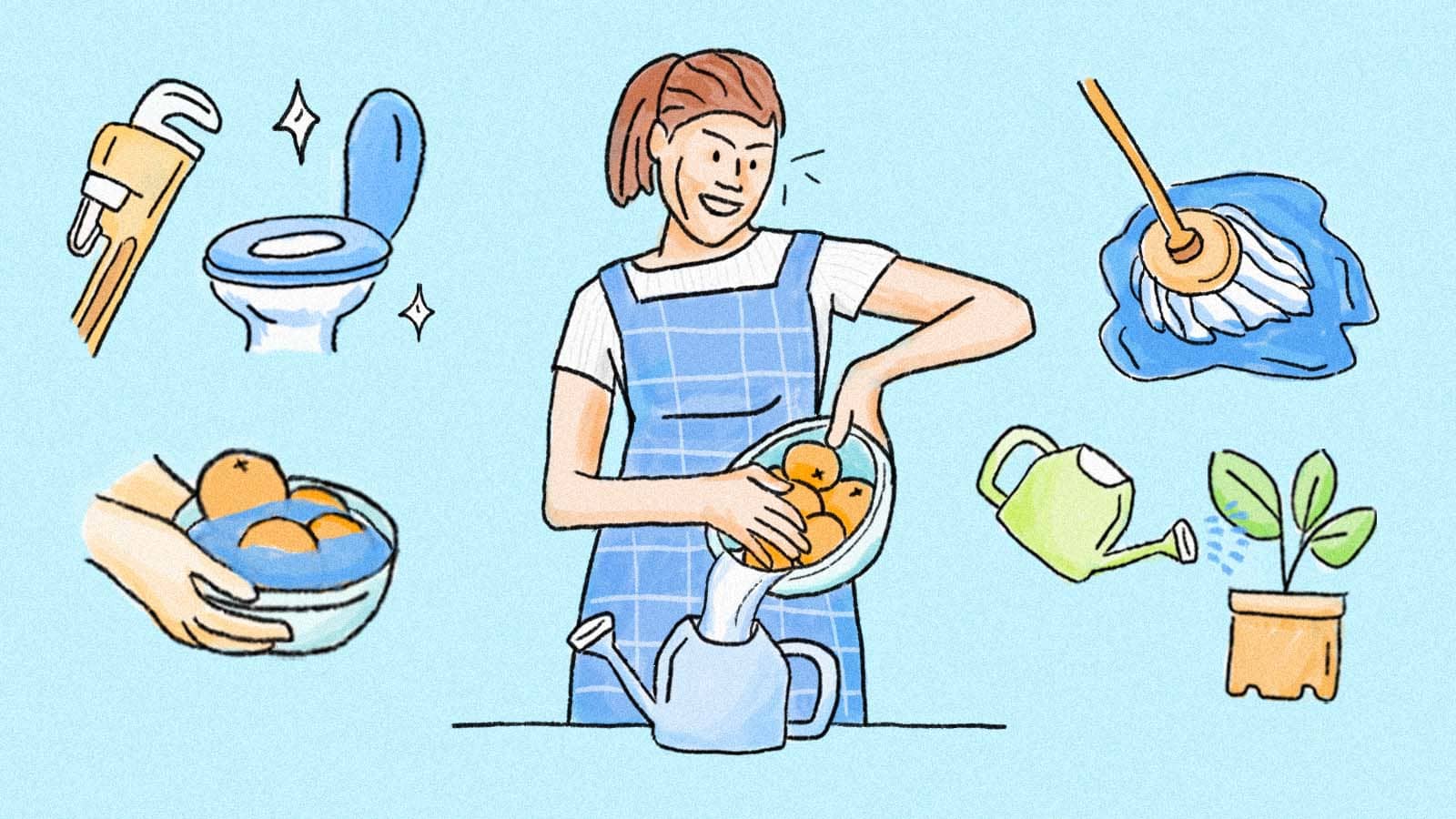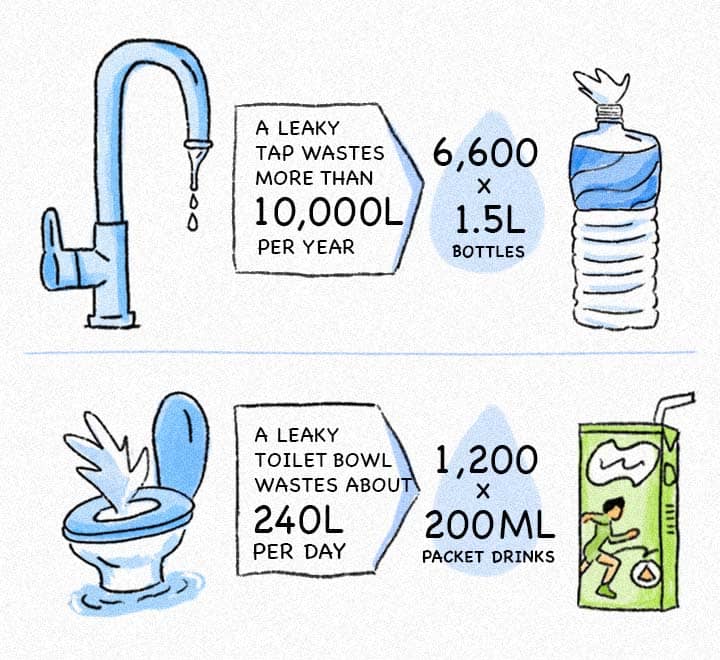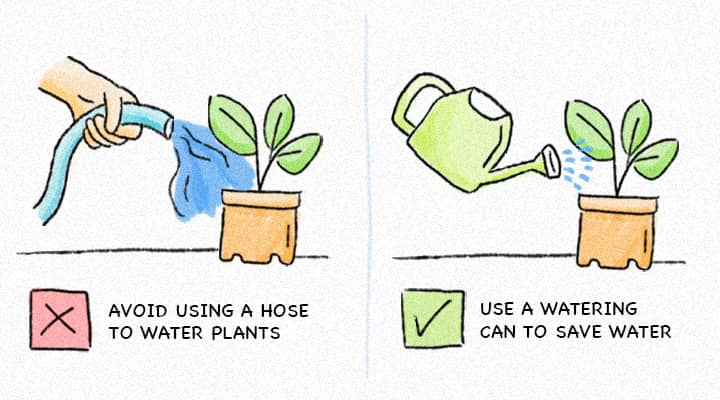Saving Water: A Cheat Sheet

Imagine the effort it would take to fill 782 Olympic-sized swimming pools. Well, this amount, or 440 million gallons of water, is what Singapore uses on a daily basis – and this is projected to double by 2065, according to the PUB, Singapore’s national water agency.
How can we ensure that we make every drop of water count? From reusing water for different purposes to picking the best time to water your plants, saving water might be simpler than you think.
Before we begin: Try this quiz to see how much you already know about saving water.
Fix That Leak
Hear the sound of water dripping? Find the source and fix it! According to the Ministry of Sustainability and the Environment (MSE), a leaky kitchen tap leads to a wastage of approximately 10,000 litres a year - equal to more than 6,600 1.5-litre bottles.

And if the leak is coming from your toilet bowl, fixing it will prevent the wastage of about 240 litres of water daily – that’s about 1,200 standard-size (200ml) packet drinks.
Shower Smart
After a long and tiring day, the temptation to enjoy a long shower is real, but costly. Under the Voluntary Water Efficiency Labelling Scheme, 3-tick showerheads that reduce the water flow to less than 5 litres a minute are 40% more water efficient than 1-tick showerheads with flow rates of 7 to 9 litres a minute. PUB recommends keeping your showers under five minutes. (A tip from Challenge: Race against the song Running Up That Hill by Kate Bush once, or set up a shower playlist.)
And don’t forget to turn off the tap while soaping – this can save you up to 27 litres of water daily. Need help with regulating the flow rate of your showerheads? Use PUB’s Water Saving Kit, comprising a set of thimbles that can be easily installed on your showerheads and taps.
Make Your Chores Count
Make the most of your chores by choosing the most water-efficient option. Before running your washing machine, check that you have a full load. Doing so can save you approximately 40 litres of water a day, which adds up to about 288 litres a week.
When preparing fruits and vegetables, rinse them in a container rather than under running tap water. According to the PUB, this will save each household about 33 litres of water daily.

Think Twice Before Tossing
Another way to conserve water at home is to collect greywater. Greywater refers to water that has been used, but is still clean enough to be reused. For example, rinse water from the washing machine can be reused to clean the floor. You can collect this water by attaching the washing machine’s discharge hose into a container.
However, do take precautions – greywater should be used only for non-potable purposes such as flushing the toilet bowl or cleaning the floor, and never be consumed. Avoid using it to water plants as it may contain chemicals like phosphorus and salts that could harm your garden. Instead, consider using the leftover water from rinsing vegetables, fruits and rice to water your plants.

PSA for Plant Parents
On the note of watering plants – choose the right time to do it – in the early morning, in the evening, or at night. Water evaporates faster in hot conditions, so you may end up under-watering your plants if you give them some water lovin’ on a hot afternoon. And with potted plants, use a watering can instead of a hose. This gives you more control over the amount of water used and prevents wastage.
Beyond World Water Day, let’s make simple changes to our lives to make every drop count. Remember, every bit of effort can make a difference.

For more stories like this, subscribe to the Challenge newsletter or follow the Challenge Telegram channel.
- POSTED ON
Jan 1, 2010
- TEXT BY
Erin Liam
- ILLUSTRATION BY
Lei Ng









